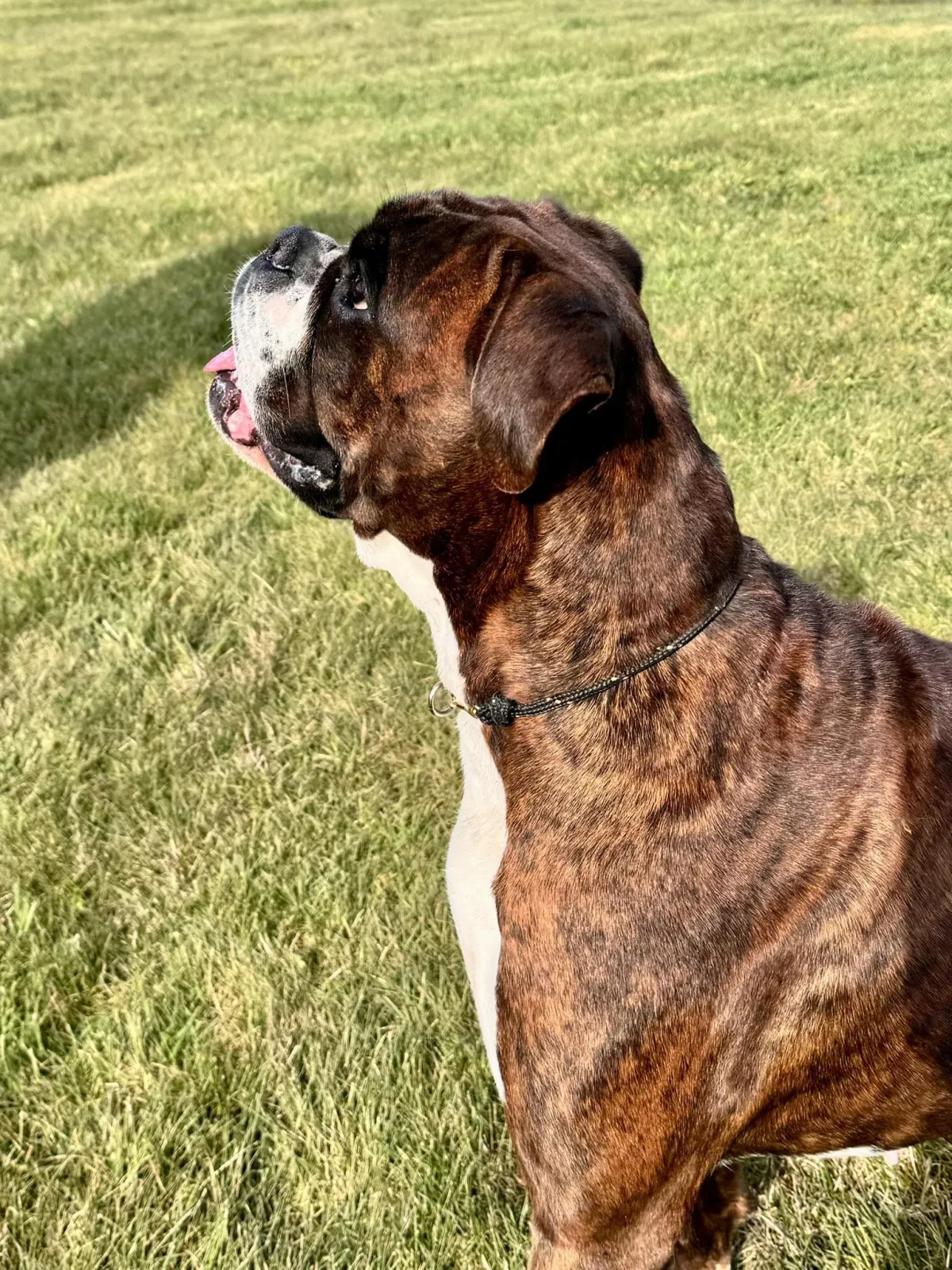Why Your Dog’s Aggression Isn’t Just a Training Issue (and What to Do About It)
Why Your Dog’s Aggression Isn’t Just a Training Issue (and What to Do About It)
A few weeks ago, we worked with Bella, a 3-year-old German Shepherd whose owners were afraid to walk her. She would lunge, bark, and snap at any dog she saw. They had already tried obedience classes, new collars, and online “quick fixes,” but nothing worked. Bella’s owners were starting to lose hope.
The truth is, aggression is one of the most misunderstood dog behavior problems. It’s not just about teaching a dog to “sit” or “stay” more reliably. Aggression goes deeper: it’s often a symptom of fear, anxiety, or frustration. If you only focus on surface-level training, the real problem never gets solved.
As Dog Trainers and Psychologists, we’ve helped countless dogs like Bella. In this blog, we’ll break down why aggression isn’t just a training issue and share what you can do to address it at its root.
Aggression Is a Symptom, Not the Problem
Many dog owners see aggression as the problem itself: the growling, snapping, lunging, or biting. But those are only symptoms of what your dog is feeling on the inside.
The underlying causes often include:
- Fear: The dog is trying to protect itself from a perceived threat.
- Frustration: The dog can’t get what it wants (like greeting another dog) and lashes out.
- Anxiety: Constant stress makes the dog react explosively.
- Territorial instincts: The dog feels the need to guard its home or family.
Fact: Suppressing the outward behavior with punishment can make things worse. It may stop the growling temporarily, but it doesn’t address the fear or anxiety fueling it.
Why Obedience Training Alone Isn’t Enough
Basic obedience skills are helpful, but they don’t change how your dog feels about triggers. You can teach “sit,” “stay,” or “heel,” but if your dog is still scared or frustrated, those emotions will win every time.
Aggression requires a behavioral approach that combines training with psychology. This means:
- Understanding your dog’s emotional state.
- Reducing fear and stress instead of masking it.
- Teaching alternative coping skills.
Think of it this way: If someone is terrified of spiders, telling them to “stand still” when one crawls nearby won’t fix their fear. You need to address the root emotion.
What You Can Do to Help Your Dog
- Identify the Triggers
Keep a journal of when and where your dog shows aggression. Are there specific dogs, people, or situations that set them off? - Create Space and Safety
Don’t force your dog into situations that trigger aggression. Increasing distance from the trigger helps them feel safe and reduces the chance of an outburst. - Build Positive Associations
Reward calm behavior around triggers. For example, if your dog sees another dog and remains relaxed, praise and treat them. Over time, they learn that good things happen when triggers are near. - Avoid Harsh Punishment
Yelling, jerking the leash, or using shock collars can increase fear and worsen aggression. Focus on trust and calm guidance instead. - Seek Professional Help
Because aggression can escalate and become dangerous, working with an experienced Dog Trainer and Psychologist is essential. We can assess your dog’s behavior, uncover the root cause, and design a tailored plan to change it safely.
The Takeaway: Aggression Can Be Fixed With the Right Approach
Bella’s owners learned that her aggression was rooted in fear. Through structured training, behavior modification, and confidence-building exercises, Bella now walks calmly on leash and can even pass other dogs without reacting.
Your dog can make the same transformation. But it starts with understanding that aggression is more than a training issue; it’s a psychological and emotional issue that requires compassion and expertise.
dog aggression training dog behavior problems how to stop dog aggression dog aggression solutions
Belynda is a passionate Dog Trainer and Psychologist with years of experience helping dogs and their owners build unbreakable bonds. Her training philosophy focuses on compassion, communication, and trust, ensuring lasting results and happy relationships.
